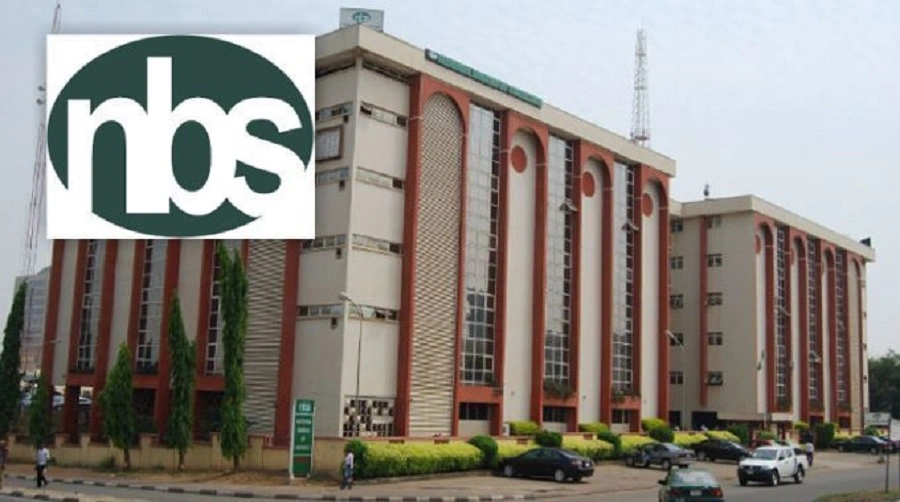Insurance company workers most corrupt in private sector – NBS
A report by the National Bureau of Statistics (NBS) has alleged that workers in insurance companies demanded the most bribes in the private sector in 2023. The report, titled: “Corruption in Nigeria: Patterns and Trends”, while stating that insurance company employees were the least Nigerians contacted in the private sector, said the highest prevalence of […]

A report by the National Bureau of Statistics (NBS) has alleged that workers in insurance companies demanded the most bribes in the private sector in 2023.
The report, titled: “Corruption in Nigeria: Patterns and Trends”, while stating that insurance company employees were the least Nigerians contacted in the private sector, said the highest prevalence of bribery in 2023 was seen among insurance company employees at 31 per cent.
The report said the survey asked about respondents’ bribery experiences with six types of private sector employees: doctors in private hospitals, nurses in private hospitals, teachers in private schools, employees in private banks, employees in private insurance companies and other employees in private businesses.
While stating that corruption in the public sector was more pronounced in the private sector, it noted that there was a rise in reports of demand for bribes in the private sector when compared to the survey conducted in 2019.
- N/Assembly will not dump any constitution on Nigerians — Kalu
- Bandits impose N200m levy on Zamfara communities
The report reads in part: “Between 2019 and 2023, the private sector recorded a marked increase in the prevalence of bribery, from 6 per cent to 14 per cent (without refusals) or 17 per cent (with refusals). Inflationary and cost of living pressures that became particularly pronounced from mid-2023 onwards might have contributed to this increase in prevalence, by pushing private sector employees to demand more bribes.
“This is partially supported by the finding that bribery prevalence in the private sector increased between 2019 and 2023 irrespective of the specific type of private sector employee, which suggests that the private sector as a whole has been affected.”
The report went on to state that bank employees were the most likely private sector employees with whom citizens had most contact, with around 15 per cent of respondents reporting at least one interaction with a bank employee in the 12 months prior to the survey.
The report further reads: “Only slightly lower contact rates were recorded for doctors, nurses and teachers working in private institutions (at 13 per cent, 11 per cent and 10 per cent respectively). By contrast, insurance company employees and other business employees recorded significantly lower contact rates (1 per cent and 7 per cent respectively).”
The report added that smaller bribes were more prevalent in the private sector.
It added: “In 2023, bribes up to N2,500 accounted for at least 60 per cent of all private sector bribes in all zones except the South South. Similar to the public sector, the South South zone recorded a bigger share of large cash bribes in the private sector, with bribes from N5,000 to over N10,000, accounting for 23 per cent of all private sector bribes in this zone. In the North East zone, bribes up to N1,500 accounted for almost half of bribes, while they constituted around 28 per cent of all bribes in the North Central zone.”
